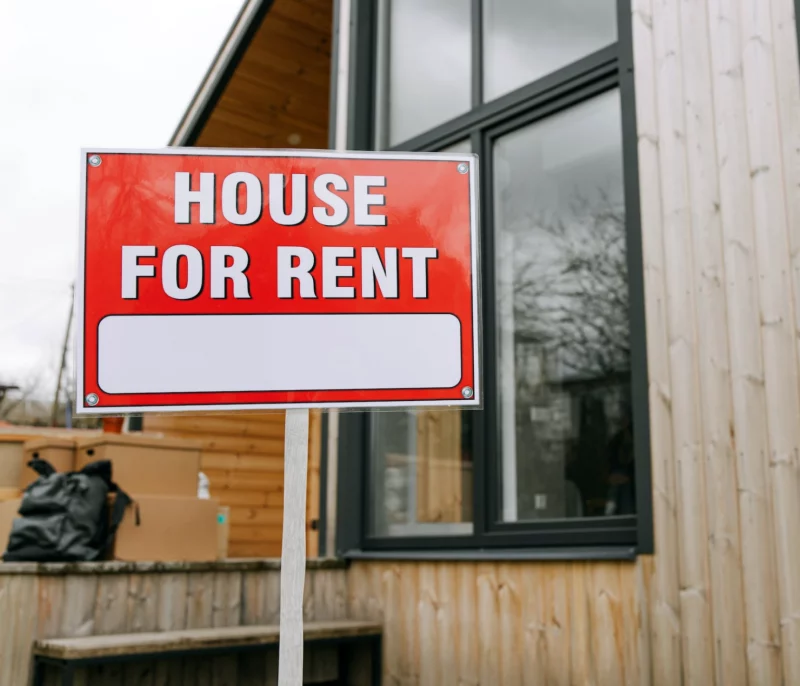Black and Disabled? Good Luck Finding Affordable Housing
Share
Explore Our Galleries
Breaking News!
Today's news and culture by Black and other reporters in the Black and mainstream media.
Ways to Support ABHM?
By Anissa Durham, Word in Black
A recent study found that 18 million disabled people in the United States are eligible for federal housing assistance but are not receiving it, and the reasons are complicated.

These days affording a modest two-bedroom apartment means you need to earn at least $25.82 an hour — and even if you do make enough to afford a place, the landlord or rental agency might pass over your application in favor of a white tenant. The struggle to find affordable housing, as too many Black folks know, is real.
But if you’re Black and living with a disability — a group that’s often overlooked and forgotten — too often the search for affordable housing puts people in dire circumstances.
“Affordable housing is an illusion, there is not too much stock for affordable housing, even with the housing situation as it’s fluctuating,” says Zella Knight, a 59-year-old disability housing activist who falls into the extremely low-income threshold.
Living with a disability in Los Angeles has presented numerous issues for her in her journey, partly due to facilities and homes that have not been able to meet her mobility needs.
[…]
Experiences like Knight’s are no surprise to Susan Popkin, one of the researchers who co-authored a recent study by the Urban Institute, which found that 18 million disabled people in the United States are eligible for federal housing assistance but are not receiving it.
The reasons why are complicated, but part of the problem is the lack of affordable housing vouchers, Popkin says.
Durham writes about the barriers to housing when you’re disabled.
Finding housing is difficult for non-disabled folks, including those in Black Chicago neighborhoods where land is ceded.
More breaking news here.









Comments Are Welcome
Note: We moderate submissions in order to create a space for meaningful dialogue, a space where museum visitors – adults and youth –– can exchange informed, thoughtful, and relevant comments that add value to our exhibits.
Racial slurs, personal attacks, obscenity, profanity, and SHOUTING do not meet the above standard. Such comments are posted in the exhibit Hateful Speech. Commercial promotions, impersonations, and incoherent comments likewise fail to meet our goals, so will not be posted. Submissions longer than 120 words will be shortened.
See our full Comments Policy here.